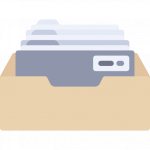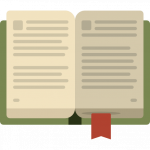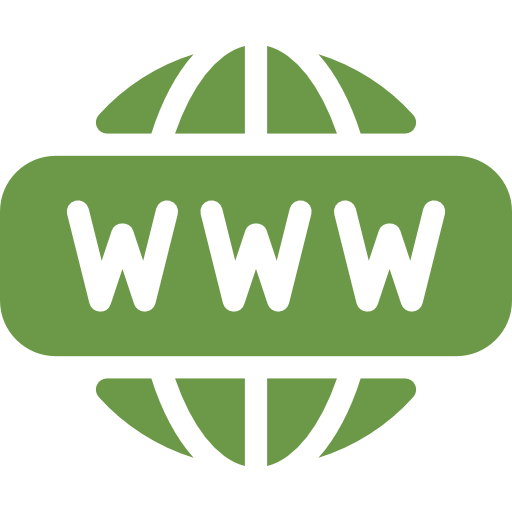Attending Schools
Grading Students
Classroom Assessments
Classroom assessment provides information about students\' progress in achieving expected outcomes by focusing on the important parts of the learning that the student must demonstrate. The teachers determine the parts of learning to focus the assessment on and the most appropriate assessment strategies and tasks to use for this purpose.
Teachers might use a variety of sources for their assessment such as:
- teacher\'s anecdotal records, journals or log books
- conferences with the student
- observations
- peer assessment
- pencil and paper procedures (quizzes, tests, examinations)
- performance assessments
- student\'s self-assessment
- student journals or log books
- student\'s work samples
Students benefit when they clearly understand the expectations for their learning. When students are aware of the outcomes they are responsible for and the criteria that their work will be assessed or evaluated on, they can make good decisions about the best way to demonstrate what they know, are able to do and what they value. For more on the purpose and principles of assessment and evaluation visit here. (See Source 1)
Report Cards
Students in grades 1-9 receive at least three report cards each school year. Students in grades 10-12 receive four report cards each school year. The report card shows a student\'s achievement of expected outcomes for each reporting period. Students in grades 1-8 receive letter grades and a written comment to describe achievement. Beginning in grade 9 students receive a number grade and comments for each subject. The report card includes a learner profile. This is a report of the development of the child\'s learning and study habits. Visit here to see report card templates. (Read More 2) Download the PDF Document Report Card Improvements Grades 1-8 to get more information on report cards. (Read More 3)
Power School
Families are able to access information on student progress through Power School. This is an Internet-based portal that allows students and families to see attendance, grades, assignments, teacher comments and upcoming events online. Visit the regional centre websites for more information. Click here for an example.
Program of Learning Assessment for Nova Scotia (PLANS)
This program is responsible for the administration of international, national and provincial assessments and examinations. The purpose of this program is to provide information from student assessments in elementary, junior high and senior high schools that support teaching and learning and to report on the performance of the provincial education system.
PLANS is made up of:
- assessments in mathematics and language arts at various grade levels
- teacher involvement in the development, administration and marking of assessments
- producing of data to determine the learning needs of students so that they will be supported
- reporting of results for accountability and improvement
PLANS includes the following provincial assessments and examinations:
- Reading and Writing in Grade 3
- Mathematics in Grade 4
- Reading, Writing and Mathematics in Grade 8
- Nova Scotia examinations in Mathematics 10, Mathematics at Work 10 and English 10
The same assessments are given in French to students in the Conseil scolaire acadien provincial. Students in French Immersion take their mathematics assessment in French. PLANS also includes the following national and international assessments:
- the Progress in International Reading Literacy Study (PIRLS) - reading ability of grade 4 students
- the Pan-Canadian Assessment Program (PCAP) - reading, mathematics and science abilities of grade 8 students
- the Programme of International Student Assessment (PISA) - reading, mathematics and science abilities of 15-year-old students
Visit here for more information on PLANS. (Read More 1)



